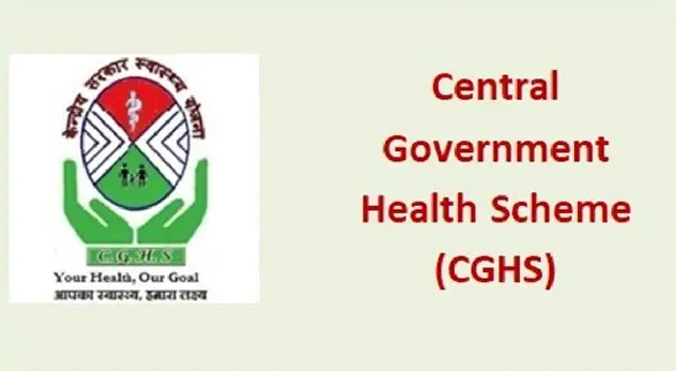Health services in our country are generally not up to mark, and the main reason is the patient-to-doctor ratio. To provide health services to 140 crore people is an onerous task. It is a fact that, unlike developed countries, we don’t have any social or health security schemes provided by the Government. But unlike private employees, Central Government employees do have health security in addition to other benefits. The Government of India has established CGHS in cities, where doctors’ consultations and medicines are provided free of charge. If some tests are to be conducted or specialised treatment is required, the CGHS doctor recommends the same from empanelled hospitals free of charge. Empanelled hospitals’ rates are fixed and are charged by hospitals from GoI. This is a wonderful arrangement for Government employees, who avail themselves of all the benefits as available in any developed country. But the shortage of doctors at these CGHSs is not acceptable at all, and JPC has rightly objected to the 30 percent shortage of staff. Out of the sanctioned 1997 posts of doctors, 490 are lying vacant, which is too large a number to be ignored. JPC has also rightly pointed out that the onus lies with the GoI to fill up the posts, and if there are any hurdles, the Government has to take initiative and resolve the issue. The other issue taken up by JPC is that each year the number of employees, working as well as retired, is increasing, but the number of doctors is not increasing proportionately, for which the Government must ensure the requisite strength of doctors and other staff is maintained. Another valid point raised by JPC is to make necessary amendments to attract the best medical talent to serve in CGHS.
But it seems GoI has some other plans, like surgeries and other hospital stays. CGHS is recommending employees avail of AB-PMJAY, and Ayushman Bharat, cards. Many Central Government employees who now approach CGHS are advised to avail themselves of the services through golden cards. It is a well-thought-out and right decision, and there is no point in running two parallel schemes and infrastructures with the same aim. It is more relevant in the case of Jammu and Kashmir where every citizen has been provided with the Ayushman card irrespective of whether he/she falls BPL or not. Regarding free-of-cost medicines, GoI has opened up so many generic medicine shops Janaushadi Kendras, almost 9000 with 1800 drugs and 300 surgical items available in these medical shops, under Pradhan Mantri Bhartiya Janaushadi Pariyojana (PMBJP). Millions of citizens are benefiting from the benefits of cheap generic medicines of the same quality, and as a result, employees who use CGHS services can be directed to purchase medicines from there, albeit at a reduced cost. This will create a hassle-free service with more concentration on doctors and less attention on other allied staff and managing stores of medicines. There are already allegations of unnecessary wastage and pilferage of medicines at CGHS. Things are not as simple as they may seem from a distance. Lots of complications are there, mainly the logistics of medicines. GoI can issue AB-PMJAY, Ayushman Bharat, cards to all the employees and let them avail the benefits other citizens are getting. It’s time to cut down on freebies. Employees and pension holders form a very big chunk of the population, and there is no point in running two parallel schemes. GoI is the best judge to evaluate the situation and decide.
Trending Now
E-Paper


